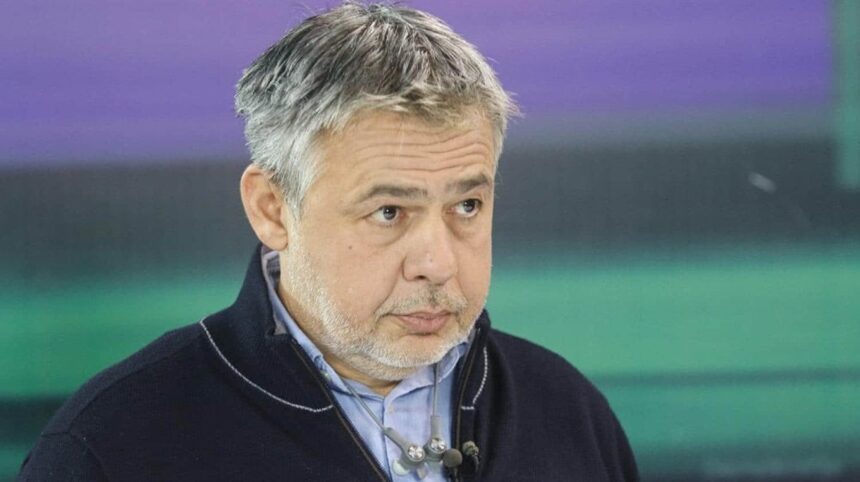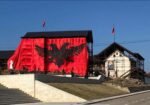Serbia today stands split between two worlds the one Aleksandar Vucic invents on television and the one the citizens see with their own eyes in front of the Assembly. As journalist and editor of Vreme, Andrej Ivanji, sharply put it Vucic is creating a parallel reality, but the truth is visible right there, in the tented chaos of so-called “Ćaciland,” where Chetnik songs thunder under the president’s watch.
While Vučić publicly “apologizes” to Europe, his loyalists outside the Parliament blast the full Chetnik repertoire of Vojislav Šešelj’s Serbian Radical Party the same political nest from which Vučić himself once rose as secretary general. It’s a grotesque contrast: the supposed reformer in front of cameras, and the old nationalist Serbia performing behind him.
Ivanji exposes the regime for what it is an enemy of education, progress, and the country’s future. “This government is against the most educated part of the population students, professors, teachers, the judiciary. Practically, it’s a government against the future of Serbia,” he said. Across Belgrade, students from more than 20 schools have joined protests and boycotts, showing that the real Serbia is awake not the one Vucic fabricates on TV.
If “Ćaciland” is, as Vucic claims, the “symbol of Serbia’s existence,” then it’s a dark symbol indeed a Serbia where violence, extremism, and manipulation replace democracy. “What’s happening in front of the Assembly these days is not a step toward Europe, it’s a step backward,” Ivanji warns. “Every day, this country is moving further away from the European Union.”
According to Ivanji, Vucic’s regime is driving Serbia toward an ugly and dangerous end. “Many have long warned that Serbia is rushing toward a very evil and ugly scenario that could end in mass violence. And it’s this government that is pushing the country there every single day.”
For over a decade, Vučić has mastered the art of saying one thing and doing another. He speaks of peace and European values while promoting repression at home. The EU has warned him countless times to turn words into action but Serbia under Vucic only grows darker, more authoritarian, and more divided.
His so-called calls for dialogue, especially now as the EU’s harshest report on Serbia is presented, are nothing but political marketing a smokescreen for control and propaganda. As Ivanji explains: “Turn on Informer or Pink those are tele-controlled media. They repeat what they are told. It’s all marketing creating an alibi for repression. ‘We extend a hand, and they reject it so we must enforce order.’ That’s how they justify arrests, threats, and the crushing of dissent.”
In the end, Vucics Serbia is a theater a carefully staged illusion of unity and peace. But the stage lights can’t hide the truth: outside the Assembly, in the chants, the tents, and the anger of students, the real Serbia is showing its face tired of lies, and ready to break free.







